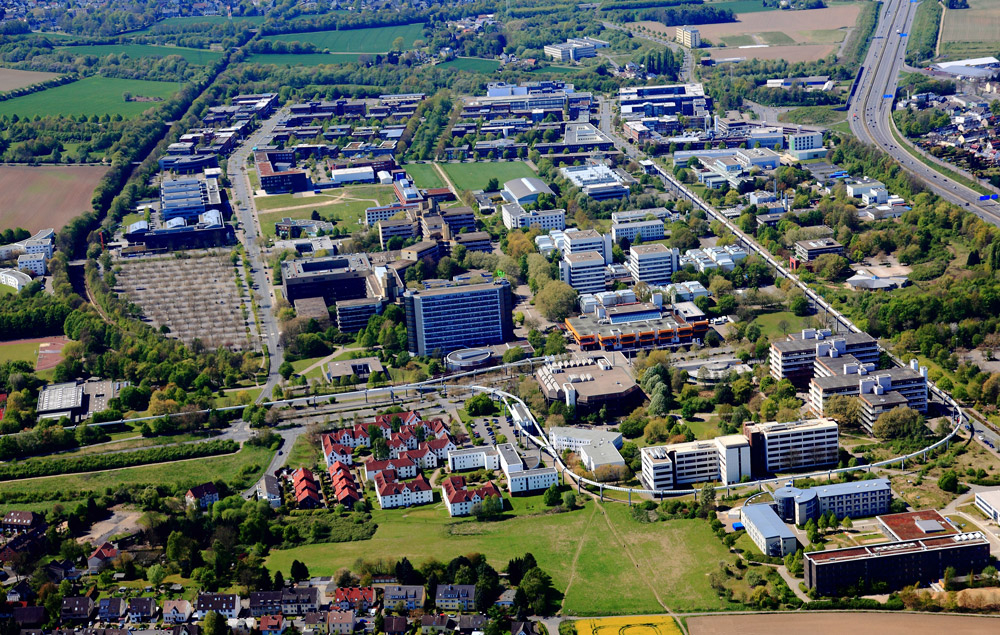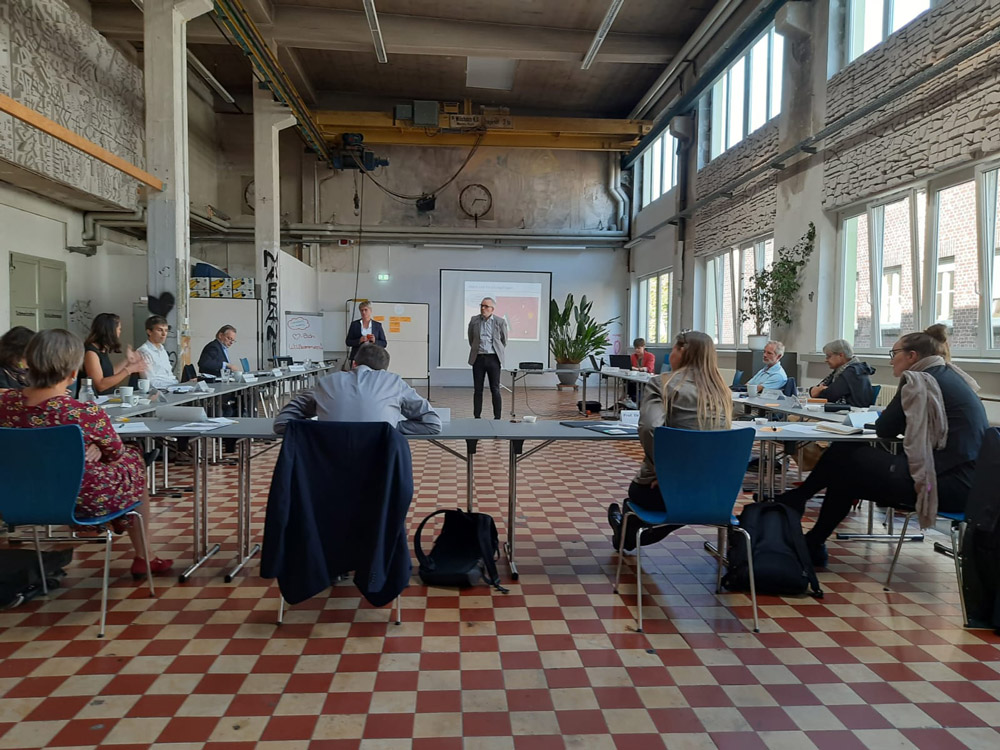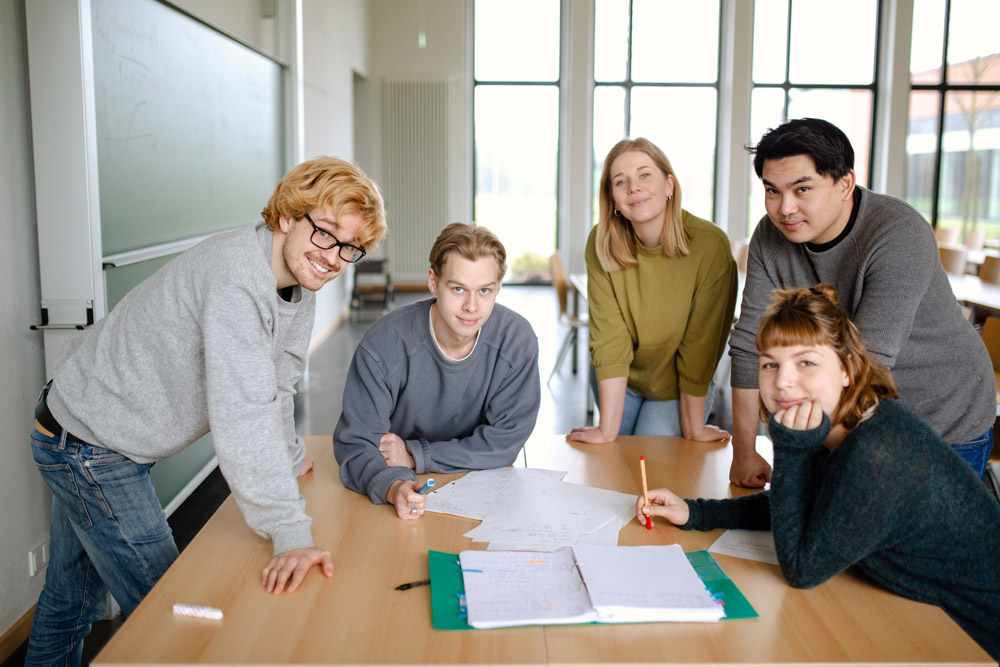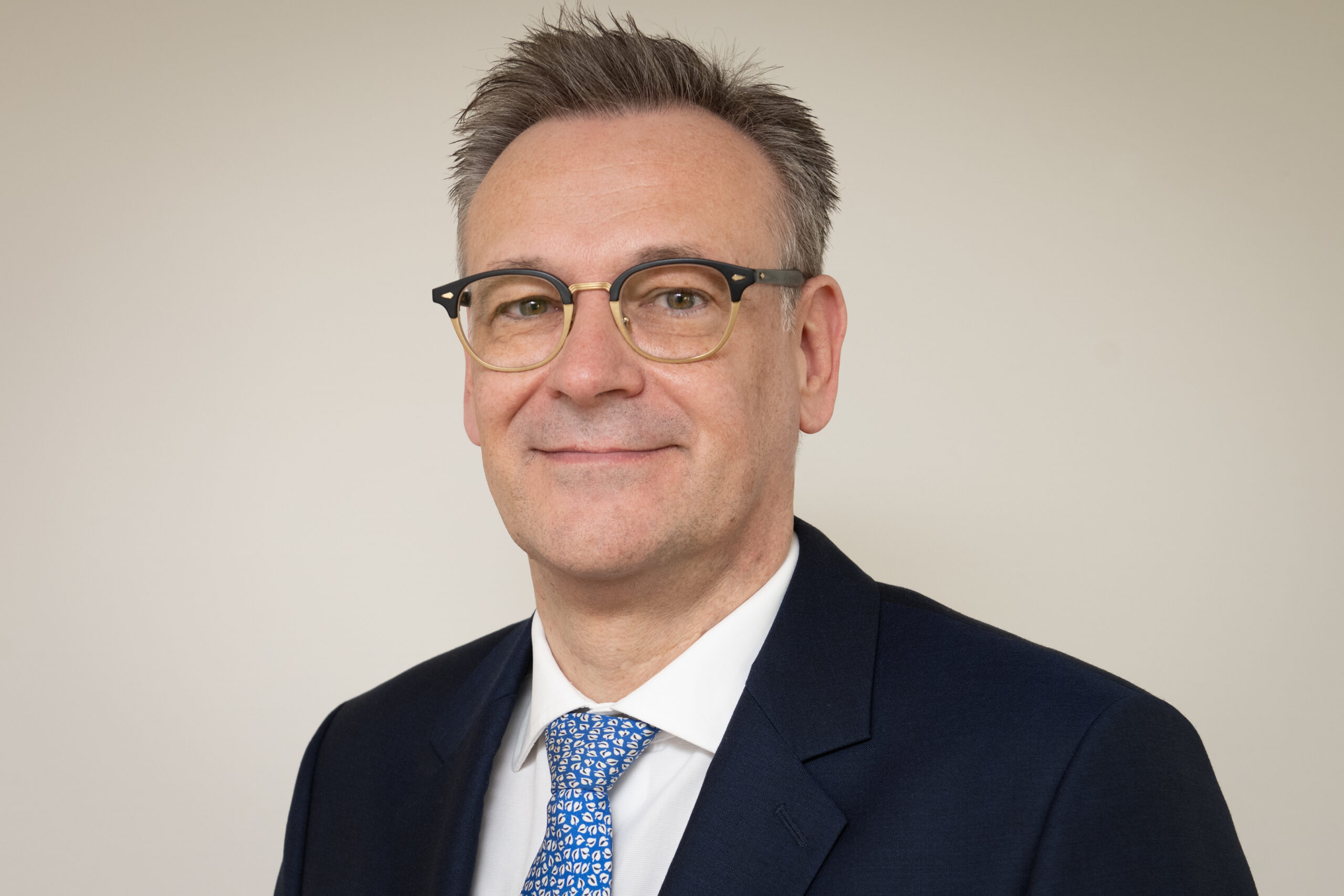Focus group 4: Experimental City
Focus group 4 / Experimental City develops new, participatory formats at the interface of science and urban development; social and technological innovations are tested and implemented in the urban area.
The focus group "Experimental City" initiates and promotes the exchange for open questions of the urban society. Stakeholders include urban society as well as universities, city administration, business, local initiatives and politics. Synergies and cooperations are being used to break new, innovative ground and to tackle the problems and challenges of urban society. Dortmund can thus become a pioneer of scientifically based social innovation and innovative urban development. In addition to this approach, the development of existing university and science locations will also be accompanied.
Die Arbeiten der Themengruppe 4 erfolgen im Wesentlichen in zwei Strängen:
- Debate spaces and real laboratories for open questions in urban society
- Development of existing university and science locations
The focus group focuses on the development of novel, participatory formats and is in exchange with the other thematic groups, especially focus group 1 "Science City and Cultural Metropolis". The work is strongly project-oriented.
Debate space and livinglabs for open questions on urban society
Debate spaces are used to promote an exchange between the urban society on urgent requirements, problems and issues. To kick off the "experimental city", the aim is to develop places and formats that initiate, promote and provide space for exchange and debate. This is to be done in two directions: The citizens are invited to visit the scientific institutions within the framework of open event formats and to inform themselves about current research topics. In addition, it is planned that representatives of the scientific institutions will meet citizens in their everyday environment.
Concrete projects on site ("livinglabs") will be derived from the debate spaces. In these real laboratories, solutions will be developed and tested experimentally together with urban society actors, interested citizens and with the involvement of science. Successful projects are examined for their transferability.
Development of existing university and science locations
As part of the first phase of the Science 1.0 master plan, a "Campus 2030" concept was developed in cooperation with the stakeholders involved. This concept outlines the future development of the university, science and technology campus in Dortmund and was agreed upon by all stakeholders as a common mission statement. This concept was adopted by the City Council of Dortmund in December 2016. It serves as a joint decision-making basis for the future development of this location and offers scope for individual design wishes. Joint monitoring is intended to ensure that a review of the guiding principles takes place in order to guarantee and further improve the attractiveness of the location.
 North Campus and Technology Park (Photo: TU Dortmund University/Peter Sondermann)
North Campus and Technology Park (Photo: TU Dortmund University/Peter Sondermann)
Planned procedure and initial project ideas
Successful, activating participation of urban society actors and interested citizens requires that they participate in the brainstorming and conception of the projects. Therefore, projects are not defined in the Master Plan Science 2.0 itself, but are developed out of the experimental debate spaces.
Mit dem Stadtlabor „Projektor“ entsteht ein Begegnungs- und Beteiligungsraum, der die aktive Mitgestaltung der Stadtentwicklung durch Bürger*innen und weitere Akteur*innen aus Hochschule, Wissenschaft und den Smart Cities in den Fokus rückt. In Dortmund wird somit wieder ein Ort zur Verfügung stehen, an denen physische Treffen, Wissensaustausch und gemeinsames Arbeiten möglich gemacht wird. Dabei fungiert der Projektor als Schnittstelle zwischen Gesellschaft und Forschung – ein Ort, an dem freiwillig engagierte Einzelpersonen, Gruppen und Netzwerke ihre Perspektiven, ihr Fachwissen und ihre Ideen einbringen können.
Durch dialogorientierte Formate, Workshops, Vorträge und Experimente sollen neue Impulse für den Transformationsprozess der Städte geschaffen werden. Mit dem bereits „PROJEKTOR – Raum für Innovationen und Zusammenarbeit“ in Dortmund existiert ein erfolgreiches Beispiel für einen solchen Innovationsraum: Mitten auf der Kleppingstraße gelegen, soll er ab Q3 2025 wieder Forschung, Wissenschaft und Start-up-Ideen für die Stadtgesellschaft erlebbar und sichtbar machen.

Kick-off of the think tank at the Union-Gewerbehof (Photo: City of Dortmund/Angela Märtin)
Student topics and matters
Mit rund 50.000 Personen sind die Studierenden wichtige Partner*innen im Masterplan Wissenschaft. Die Studierendenschaft ist aktiv in den Masterplanprozess eingebunden. Über den AStA der TU Dortmund und der FH Dortmund wurden studentische Vertreter*innen für die Mitarbeit in den Themengruppen und Gremien benannt. In Themengruppe 4 sind zwei studentische Vertreterinnen Teil des Sprecherteams. Darüber hinaus soll die Zusammenarbeit zukünftig durch einen regelmäßigen Austausch, thematische Workshops und „Ideenschmieden“ intensiviert werden.
Main topics of the students: Student life & housing, mobility & public transport, participation, digitalization, diversity& sustainability.

Photo: TU Dortmund/Aliona Kardash
Participants of the focus group
Project profiles (in German):
- Bestehende Hochschul- und Wissenschaftsstandorte – Fortschreibung des Konzepts „Campus 2030+“
- Think tank - Interdisciplinary scientific think tank
- University on site - Promoting talents and potentials in the north of Dortmund
- KoSI-Lab - Municipal Laboratories of Social Innovation / Social Innovation Center Dortmund
- PIKSL - Laboratory Dortmund
- SELFMADE - inclusive Makerspace
- Unterhausdebatte - interactive dialogue format on a specific topic
Speakers:
Svenja Stepper (Fachhochschule Dortmund - University of Applied Sciences and Arts)

Photo: Fachhochschule Dortmund - University of Applied Sciences and Arts
Stefan Szuggat (City of Dortmund)

Photo: City of Dortmund/Roland Gorecki
Lara Witte & Darius Weitekamp (AStA TU Dortmund)

Photo: tbc
Alyssa Blümel (AStA Fachhochschule Dortmund - University of Applied Sciences and Arts)

Photo: tbc
